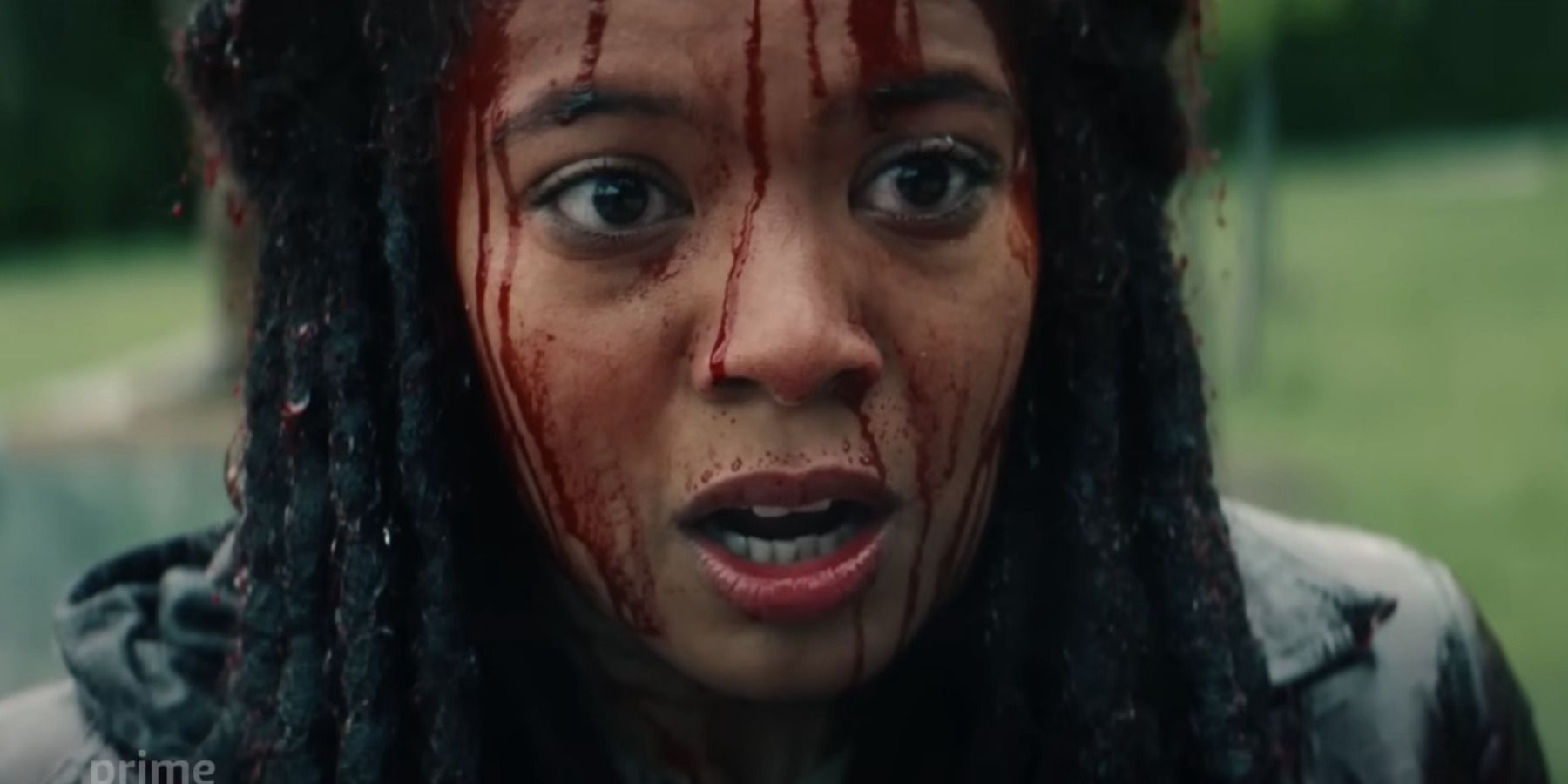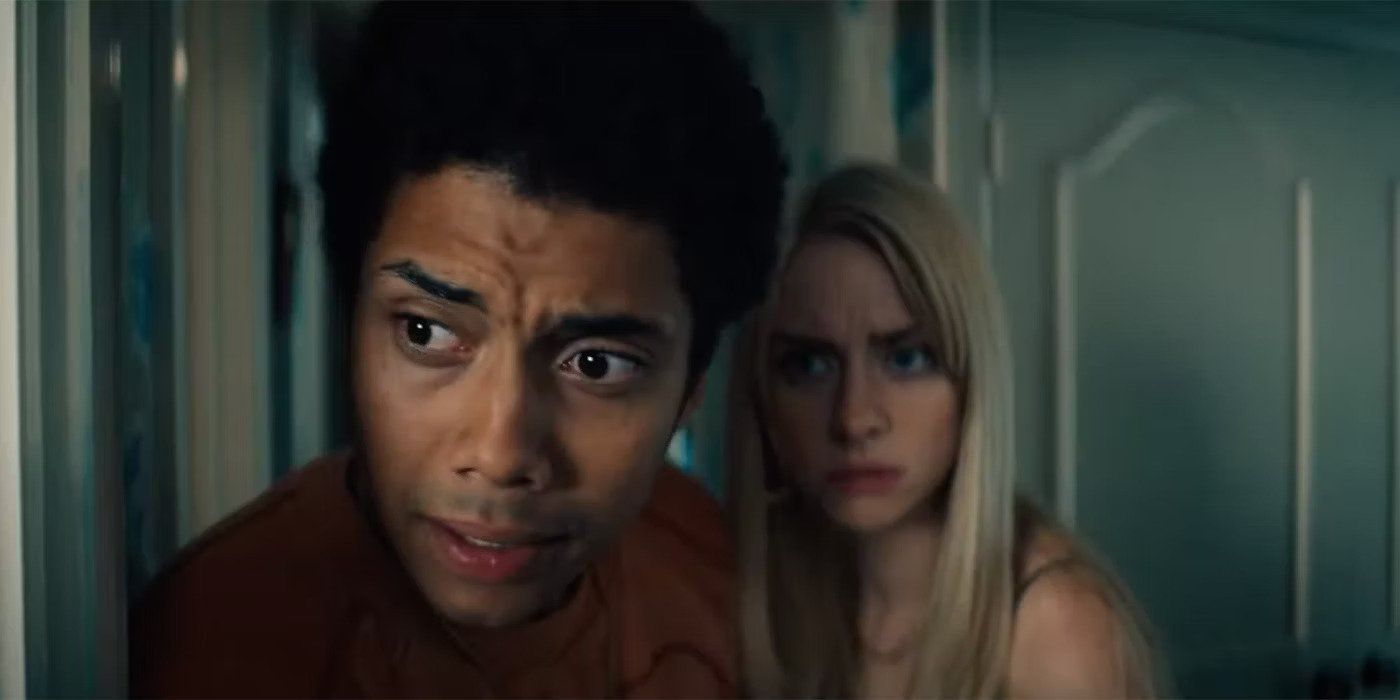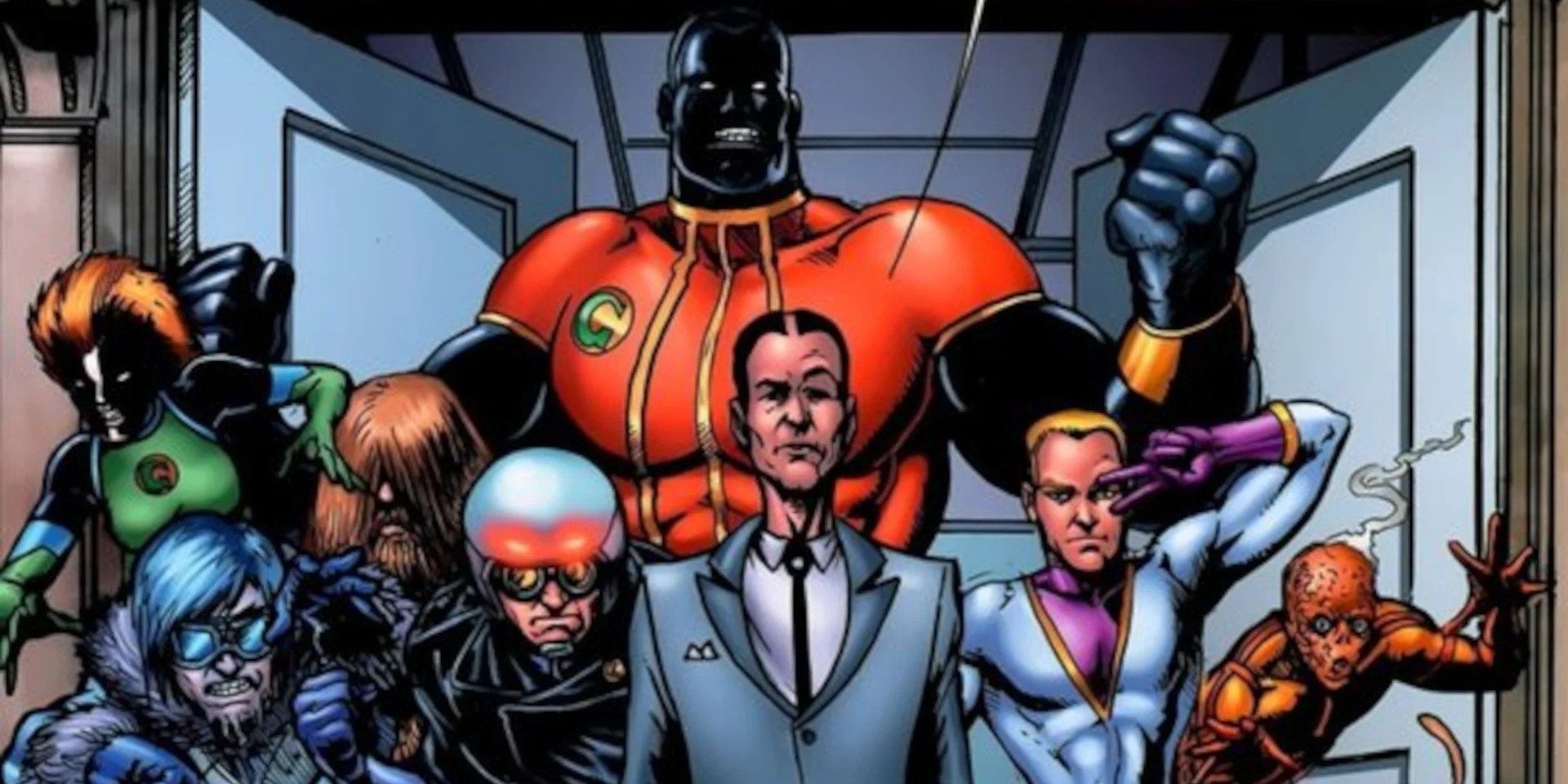Highlights
- Around 40% of big-budget entertainment is based on comic books, with The Boys' spinoff Gen V adding to the mix alongside Marvel and DC.
- The TV adaptation of The Boys broadens its satire and treats its characters more humanely, in contrast to some critics' views of the original comic as mean-spirited.
- Gen V depicts the university created by Vought International to train young adults with superhuman abilities, with a focus on the lead character Marie Moreau and the challenges she faces in a battle royale-style competition.
Around 40% of big-budget entertainment available to the average viewer seems to be based on one comic book or another. The Marvel and DC cinematic universes are pumping out movies and series left and right, but they're far from the only players in the market. One of the most celebrated recent comic book adaptations was Eric Kripke's The Boys, which is padding its shared universe with its second live-action series, Gen V.
Much has been made of the sizable differences in tone and presentation between Kripke's series and Garth Ennis's original comic. Many critics of Ennis's work saw the comic as mean-spirited, viscerally unpleasant, or needlessly cruel. The TV adaptation has broadened its satire to attack a wider array of social ills while treating its characters more like human beings.
What is Gen V about?
Vought International owns almost every aspect of superhero society in The Boys. They assign supes to cities, maintain the roster of The Seven, handle the production of Compound V, run the media that glorifies their actions, and pay legislators to keep the system unregulated. Gen V will depict the university they created to train young adults with superhuman gifts to join their stable of supes. The series will take place concurrently with the upcoming fourth season of The Boys. It's set in the Godolkin University School of Crimefighting, the only nationally accredited higher-education institution designed to turn supes into heroes. Anyone familiar with Vought's methods will know that their college is unlikely to raise stable, healthy adults.
The lead character of Gen V is Marie Moreau, portrayed by Chilling Adventures of Sabrina star Jaz Sinclair. Moreau is a first-year student of Godolkin capable of manipulating blood. Moreau comes from difficult circumstances, but her performance in classes and competitions has marked her as a phenom. Fans have briefly seen the character in the database of the Red River Institute, an orphanage for supes. She's ambitious, but the challenges quickly become sinister. Marie and her classmates must compete in a series of battle royale tests that could leave the graduating class dead. It's been compared to The Hunger Games, and the trailer is as action-packed and blood-drenched as its sister series. Marie Moreau's fellow students sport powers like shrinking, metal bending, fire conjuration, and gender-shifting. Returning characters like A-Train, Vought's publicist Ashley Barrett, and Soldier Boy will appear for brief cameos. The series will be tied to The Boys but will open the franchise's scope to explore new elements.
What is "We Gotta Go Now" about?
Gen V is loosely based on the seventh story arc of Garth Ennis's original comic book run, "We Gotta Go Now." It's a self-contained narrative that has limited cross-over with the larger story. The TV series is broadly more focused on Butcher and his Boys' efforts to dismantle the Seven, but the comic makes room for more supes. The arc in question is Garth Ennis's take on the X-Men. The Boys are tasked with investigating the G-Men, a large team of teenage supes broken into several smaller groups. The G-Men are led by one John Godolkin, the namesake for Gen V's university. The showrunners have been clear that the series will borrow loosely from the source material. Fans who don't care for the comic should hope they borrow very loosely.
"We Gotta Go Now" begins with G-Men member Silver Kincaid's violent suicide. Butcher is tasked with infiltrating Godolkin's empire to determine the cause and assess the organization's moral direction. Hughie dons a silly costume to take the initiation test. He succeeds, determining that most of his new peers are decent, if slightly unhinged, young supes. He is shipped off to work with a young offshoot of the G-Men, where he blows his cover. Frenchie and Kimiko (known only as "the Female" in the comic) appear and save him. Butcher interrogates the only survivor. The kid reveals that Godolkin makes G-Men by kidnapping children at random and regularly exposing them to Compound V. Those that survive gain superpowers. Godolkin also regularly sexually abuses each child, creating a cult-like base of willing slave children who only occasionally kill themselves to escape their trauma. The story ends abruptly when Vought has Godolkin and the G-Men destroyed by a team of soldiers wielding flamethrowers, concluding the investigation and preventing Kincaid's death from raising further questions.
Gen V seems to have taken the idea of a debauched college packed with supes from "We Gotta Go Now" and not much else. This is the best possible method of adapting that particular story because "What if Charles Xavier was a child molester?" wouldn't be a worthwhile pitch for a bad YouTube sketch these days. Kripke, Seth Rogen, Evan Goldberg, and Gen V showrunner Craig Rosenberg seem to be continuing their streak of pulling the good out of Garth Ennis's work without dragging along the less savory aspects.



